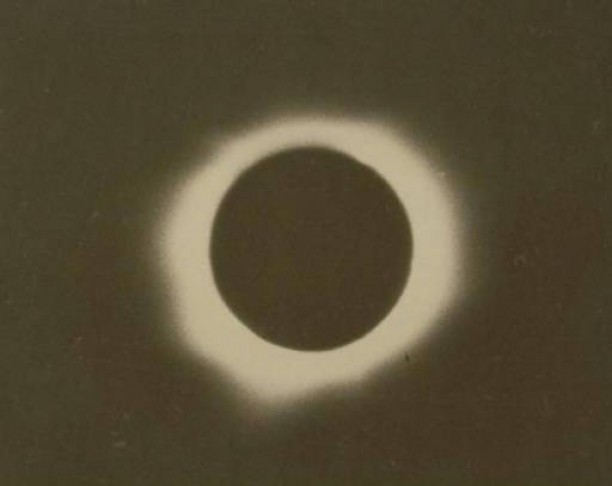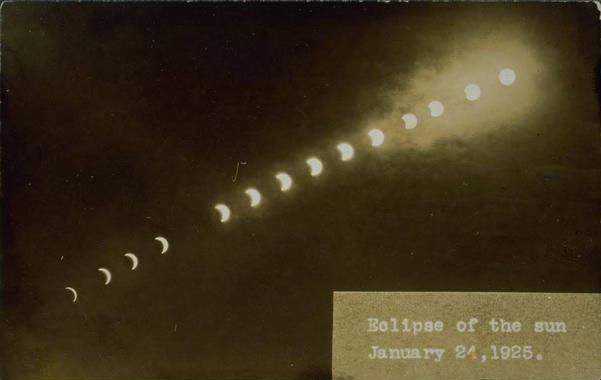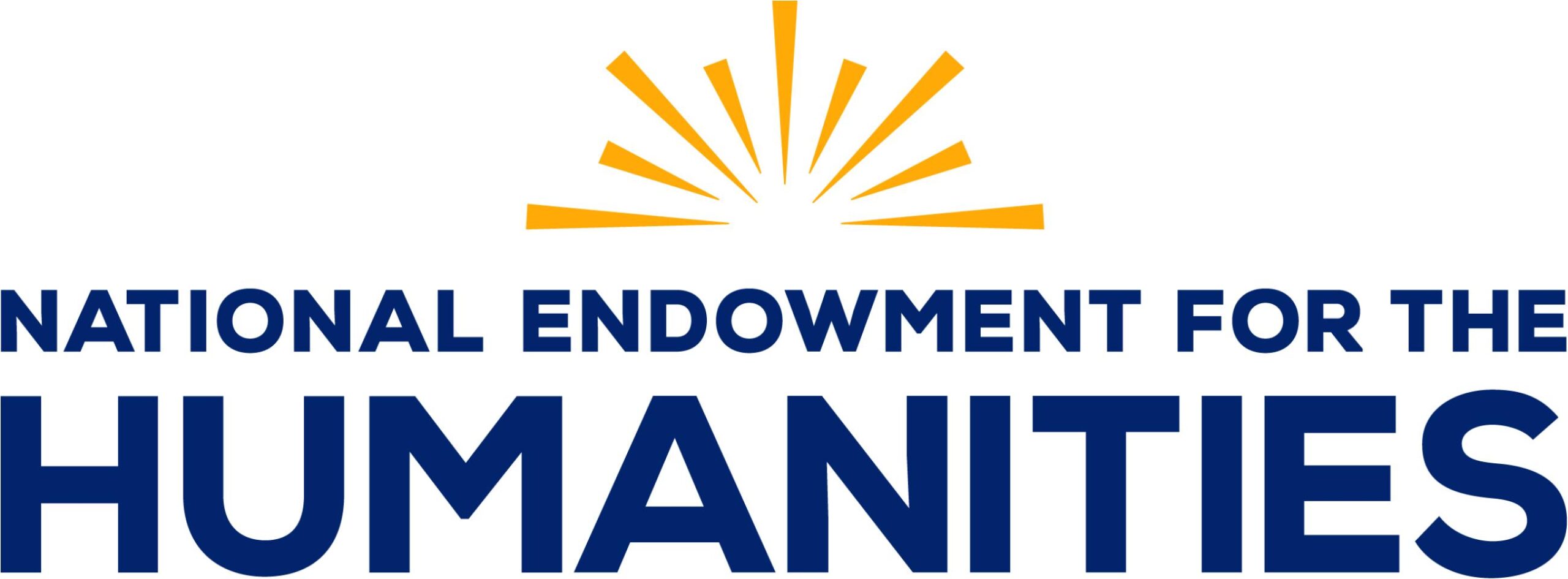On January 24, 1925, Connecticut residents witnessed a full solar eclipse. They had ample notice. Governor John H. Trumbull had issued a proclamation on January 15:
On Saturday, the twenty-fourth of January, the people of Connecticut are to have an opportunity to witness a scientific event of the first importance—
A TOTAL ECLIPSE OF THE SUN
This phenomenon has been visible in New England only twice since the landing of the Pilgrim fathers, and only fourteen times in the last two thousand years. On the present occurrence Connecticut has a particularly favorable position in the path of totality and astronomers and others are coming to our state from all parts of the world, to view a natural happening which affords so infrequent occasions for scientific study.
I earnestly urge all school authorities and teachers, at some time prior to the coming of the eclipse, to devote a reasonable time for instruction and explanation of this unusual astronomical event; and to all others for whom it may be convenient I recommend that advantage be taken of this exceptional opportunity to witness a spectacle which is now engaging the attention of scholars and learned institutions of the world. It is a manifestation of the enlightened age in which we live that solar eclipses are no longer regarded, as by the ancients and savages, as auguries of war and disaster, but as opportunities for scientific research, fraught with the possibilities of new fields of knowledge for this generation.

Total eclipse by Frederick E. Turner, Willimantic, January 24, 1925 – Connecticut Historical Society and Connecticut History Online
Frederick E. Turner, of 175 North Street in Willimantic, recorded the event with his camera. Turner managed the A. S. Turner pharmacy on Main Street in that town and appears to have been an amateur scientist; he was also a member of the Mineralogical Society of America.
Shirley T. Wajda, PhD, currently an independent historian living in the Connecticut Western Reserve, is the creator and organizer of Viennapedia, a wiki devoted to the history and culture of her hometown, Vienna, Trumbull County, Ohio.









